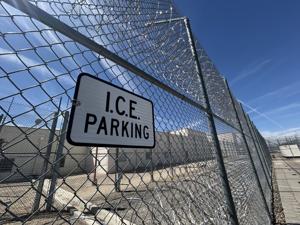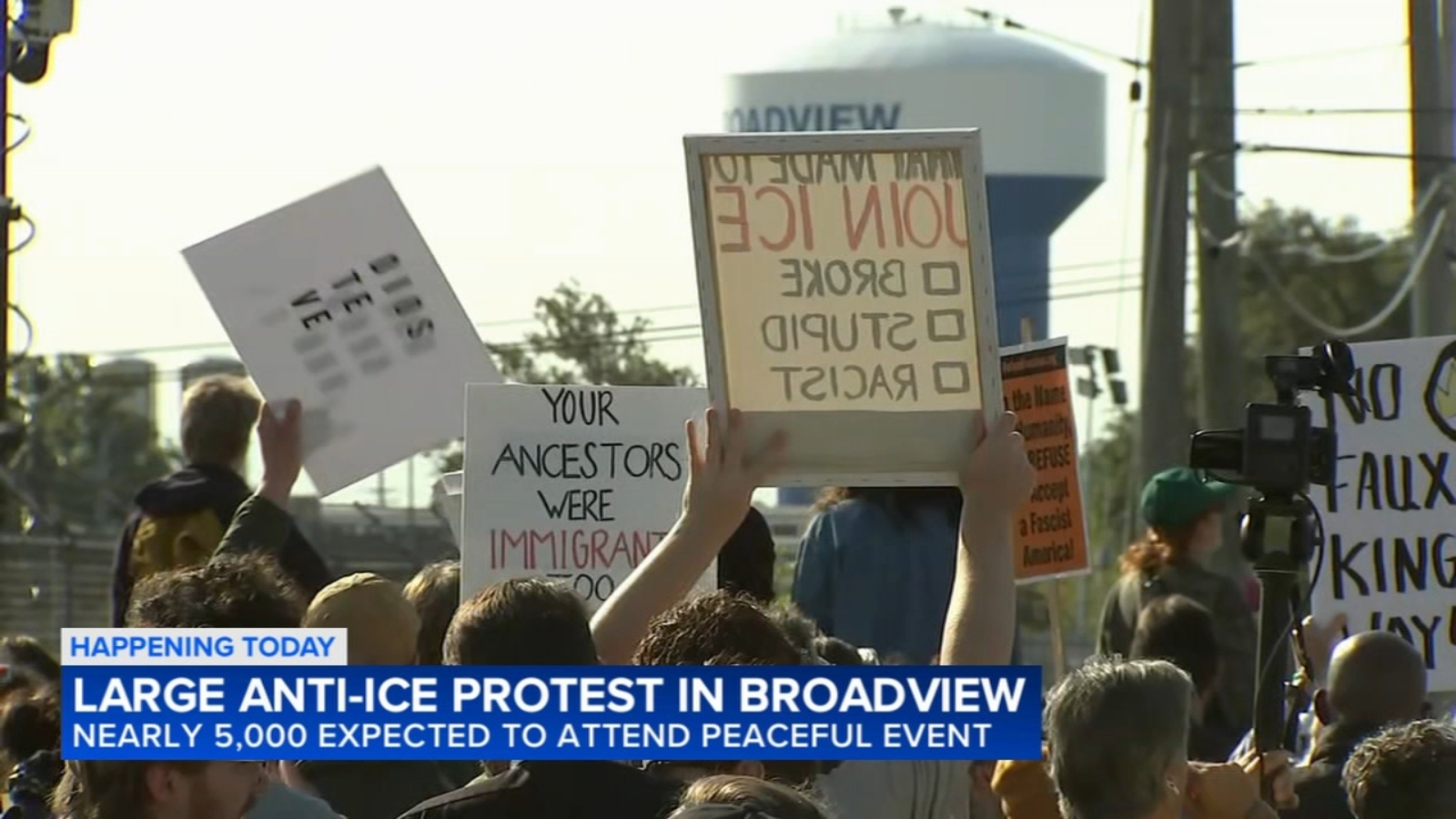UPDATE: New Mexico lawmakers are grappling with the urgent question of whether to prohibit Immigration and Customs Enforcement (ICE) detention facilities from operating in the state. Chief Deputy Attorney General James Grayson revealed complications regarding existing contracts during a presentation to the Courts, Corrections, and Justice Committee, leaving many lawmakers seeking clarity on the state’s authority.
Grayson addressed legislators during a session titled “Icing ICE?: State’s Authority to Regulate Proposed Expansion of ICE Detention in Hobbs.” He confirmed that while new facilities could potentially be barred, the state may face significant hurdles when attempting to terminate current contracts. Various states have attempted similar legislation with mixed results, highlighting the complexity of such legal measures.
In California, legislation was enacted to prevent local governments from entering into contracts for federal detention facilities, but an associated law aimed at restricting agreements between the federal government and private companies has faced judicial challenges. Grayson noted that existing contracts complicate the state’s position, stating, “Different legal principles are at stake when it comes to impairment of existing contracts.” He refrained from making definitive conclusions about the state’s authority due to ongoing litigation.
Committee Chair Sen. Joseph Cervantes expressed concern over potential legal ramifications, stating, “It’s important for us to understand because I certainly don’t want us debating legislation that is just going to buy a lawsuit.” He referenced the uncertain future of the Lea County Correctional Facility, a recently vacated private prison that could be targeted for ICE detainees. Cervantes raised alarm over the possibility of local governments rushing into contracts before any prohibitive law could be enacted.
Geo Group, a major private prison operator, has been under scrutiny since announcing the permanent closure of its 1,200-person complex in May 2023. Following the closure, the New Mexico Department of Corrections relocated state inmates, leaving the facility’s future uncertain. In an unexpected turn, Geo Group reversed its initial layoff plans for approximately 150 employees, assuring them their jobs would remain intact.
By October 3, Geo Group notified Lea County officials that it would be transitioning to a “another corrections client.” The company had previously built the prison in 1998 on land leased from Lea County, with the lease extending until 2096. A clause in the agreement indicates that if the land ceases to be used as a prison, ownership would revert back to the city of Hobbs.
The company warned it would pursue damages if the county breaches the lease terms. As the situation remains fluid, Grayson advised the committee that he could not provide specific details regarding Lea County due to ongoing litigation, reiterating that the state generally maintains jurisdiction over local governance.
Lawmakers expressed frustration with the lack of clear guidance, with Rep. John Block stating, “I do want an opinion from the AG to just button down specifically what powers we do have and what we don’t have.” As the discussion concluded, Cervantes emphasized that the legislature would closely monitor the relationship between Lea County, Hobbs, and Geo Group, marking this a crucial moment in New Mexico’s immigration policy landscape.
As the debate unfolds, the implications for local communities and ICE detainees remain significant, raising questions about the future of immigration detention in New Mexico. Lawmakers are expected to continue discussions, with potential legislation on the horizon as they seek to clarify the state’s regulatory power.







